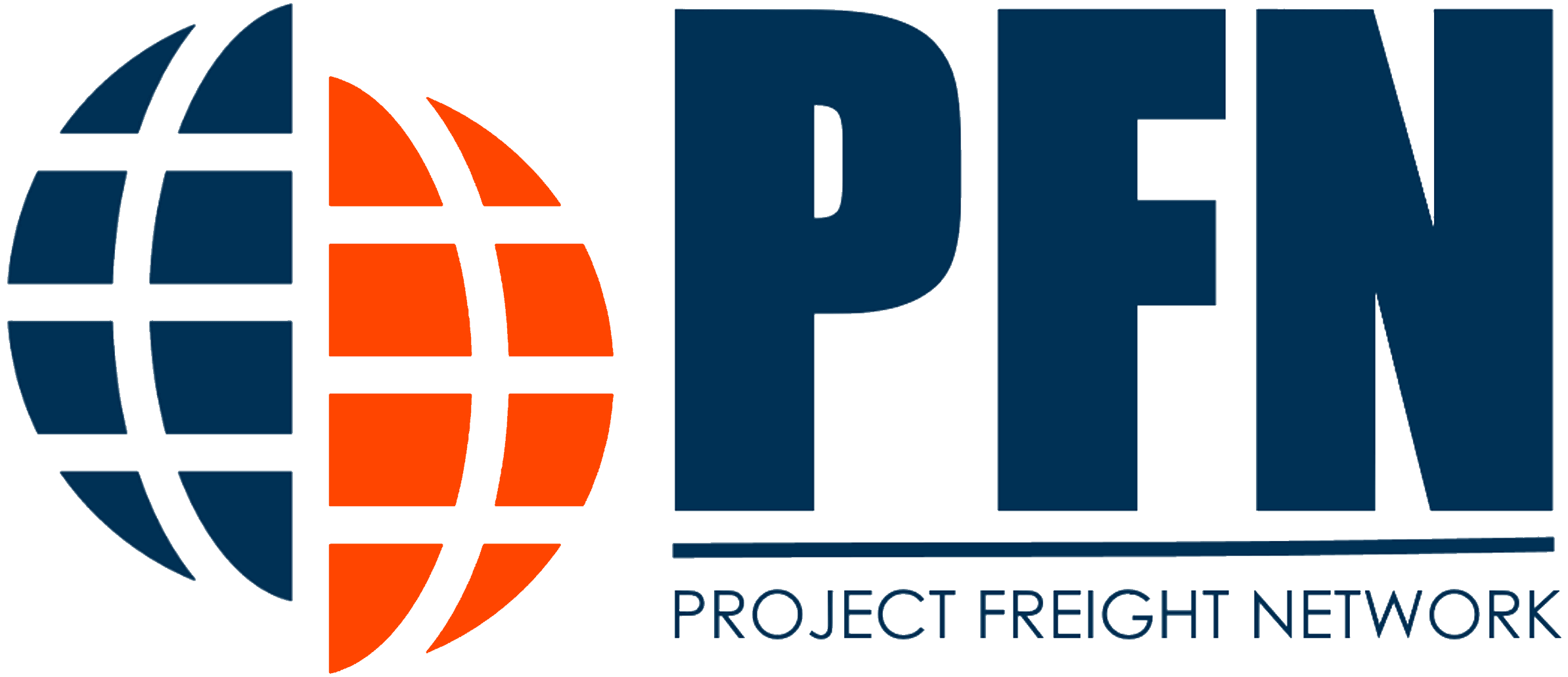Dive into the world of maritime logistics with an in-depth comparison of liner and tramp shipping services, exploring their unique attributes and how they cater to different shipping needs.........
Archive Member
One of the daily challenges faced by logistics operators is designing an efficient transportation strategy for handling heavy cargo.....
Artificial Intelligence (AI) is poised to revolutionize global trade and logistics, fundamentally changing how complex systems operate. From maritime shipping to project freight logistics, AI is not just a trend but a transformative force reshaping efficiency and resilience in global supply chains.......
Everok Group triumphs in loading Siemens gear boxes amid rain at the Port of Zhangjiagang, showcasing their logistics prowess and teamwork........
The transportation and logistics M&A landscape is evolving in 2024, driven by financial, market, and technological forces, shaping new investment priorities..........
The relevance of profitable freight and logistics pricing strategies is highlighted by the combined effects of increasing industry competitiveness and rising transportation costs........
Amidst escalating port #congestion and a sudden spike in demand, the #container #shipping market faces unprecedented uncertainty, with diverging paths leading to vastly different outcomes......
Star Shipping Pakistan sets a record with back-to-back break-bulk rice shipments at Port Qasim, efficiently handling 26,500 metric tons within a week...........
The maritime industry faces rising rates and equipment shortages due to Red Sea diversions, leading to congestion, port omissions, and increased demand pressures................
Nautica Shipping & Logistics Ltd has successfully transported an Absolute 58 Navetta luxury yacht from New Zealand to the port of Fremantle, showcasing their expertise in handling complex boat and yacht shipments.........










